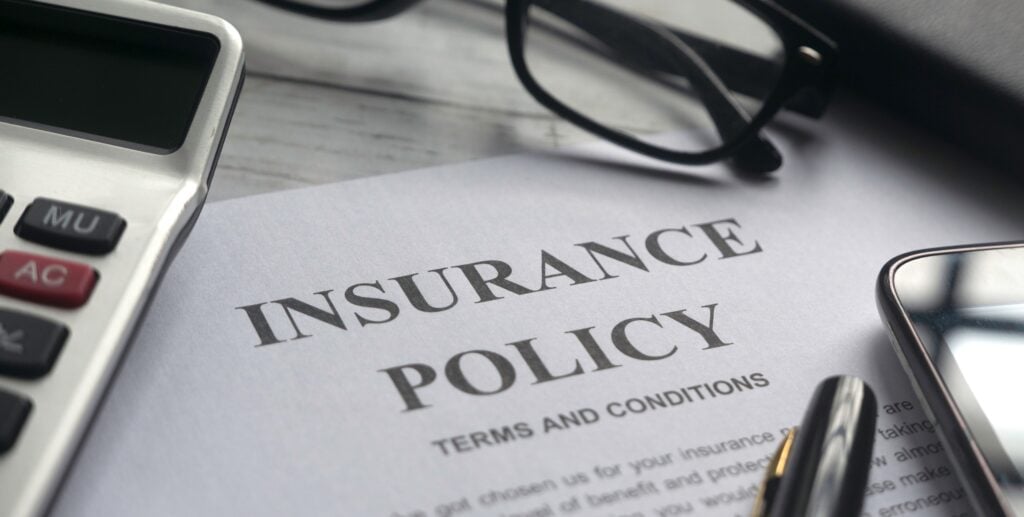Is Your Short-Term Rental Truly Covered Beyond Property Insurance?
The allure of short-term rental income, fueled by platforms like Airbnb and Vrbo, has seen homeowners around the globe pivoting to leverage their real estate assets. What often begins as a side hustle or a way to fund retirement can quickly become a significant stream of income. However, as many hosts have learned, property insurance alone might not fully protect their interests. Understanding what is truly covered—and what isn’t—is critical to ensuring peace of mind and financial security.
Understanding the Limitations of Traditional Property Insurance
Traditional homeowners’ insurance typically covers owner-occupied properties, focusing on risks like fire, theft, or certain natural disasters. However, these policies may not necessarily extend to situations specific to short-term rentals. Many insurers classify short-term rentals as a “business activity,” which can require different coverage.
For example, a standard homeowners’ insurance policy may outright exclude or limit claims related to guest injuries, property damage caused by renters, and liability claims for incidents occurring during guest stays. Moreover, even if your policy provides some level of protection, the coverage limits might fall woefully short in comparison to potential liabilities involved when you open your doors to strangers.
Diving into the Needed Protections Beyond Property Insurance
Commercial Insurance or a Landlord Policy:
Moving to a commercial insurance policy or adding a rider tailored for rentals ensures that your rental business is covered. These policies often extend broader coverage that includes damage caused by tenants, loss of rental income, and more robust liability protection.Short-Term Rental Insurance:
These specialized policies, offered by various insurers, are specifically designed for hosts. They often cover both personal property and commercial liability, protecting you from lawsuits arising from guest injuries or property damage they cause.Personal Liability Insurance:
This covers lawsuits related to bodily injury or property damage claims that occur on your premises that might not be covered under standard home insurance policies. It provides a cushion by covering legal fees and settlements.Umbrella Insurance Policy:
An umbrella policy can significantly increase your liability limit beyond the basics of other insurance policies. This type of policy is particularly worth considering if your rental activities are substantial and thus attract higher risks.
Local Regulations and Host Guarantee Programs:
Be mindful of local zoning laws and regulations, as failing to comply can void insurance coverage. Many cities have specific stipulations regarding short-term rentals, from requiring business licenses to adhering to health and safety codes.
Additionally, platforms like Airbnb offer Host Guarantee Programs. While these provide an added layer of security, hosts should recognize they are not a replacement for insurance. These programs often have limits on payouts and exclusions, particularly for liability claims.
Conclusion: Protecting Your Investment with Comprehensive Coverage
Integrating short-term rental activities into your property use is an exciting opportunity, but it necessitates a reevaluation of your insurance needs to ensure comprehensive coverage. By securing specialized insurance policies, you protect not only your property but your peace of mind. Consult with an insurance professional to tailor a coverage plan that aligns with your rental activities’ specifics, deciphering the fine print to safeguard against potential pitfalls.
In the fast-paced and ever-evolving world of short-term rentals, staying informed and proactive about your coverage needs is not merely advisable—it’s essential.

